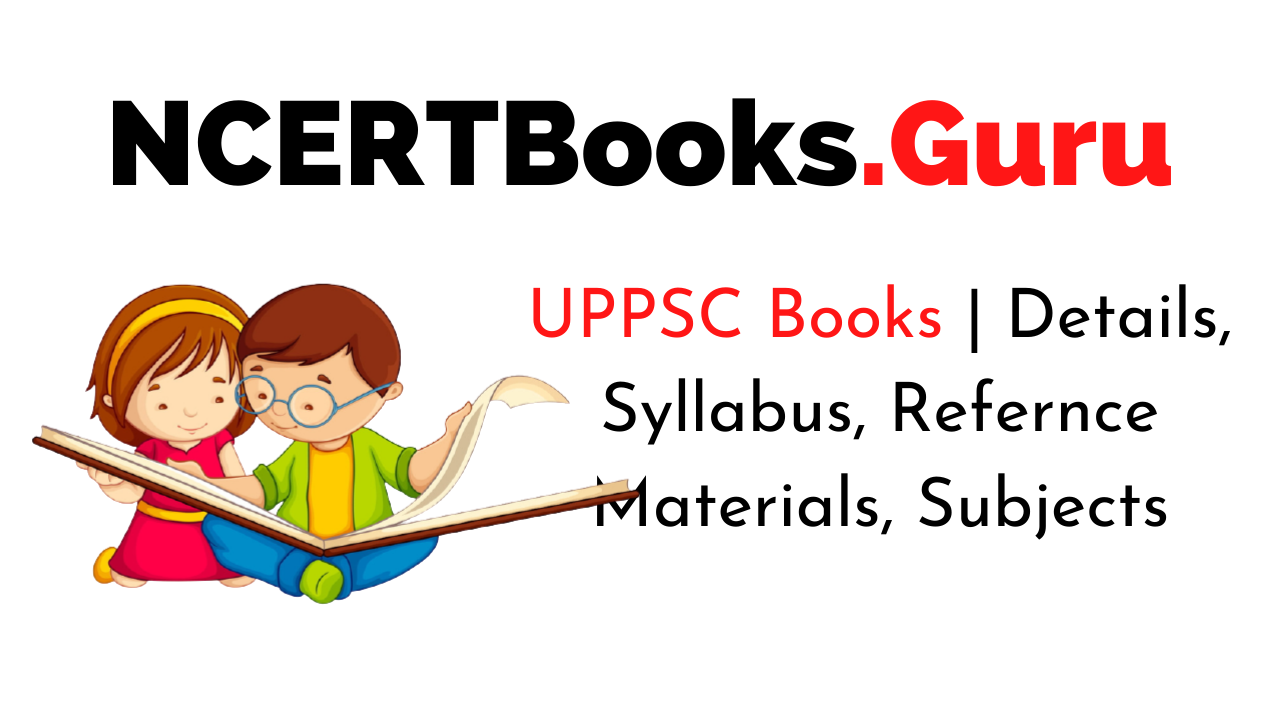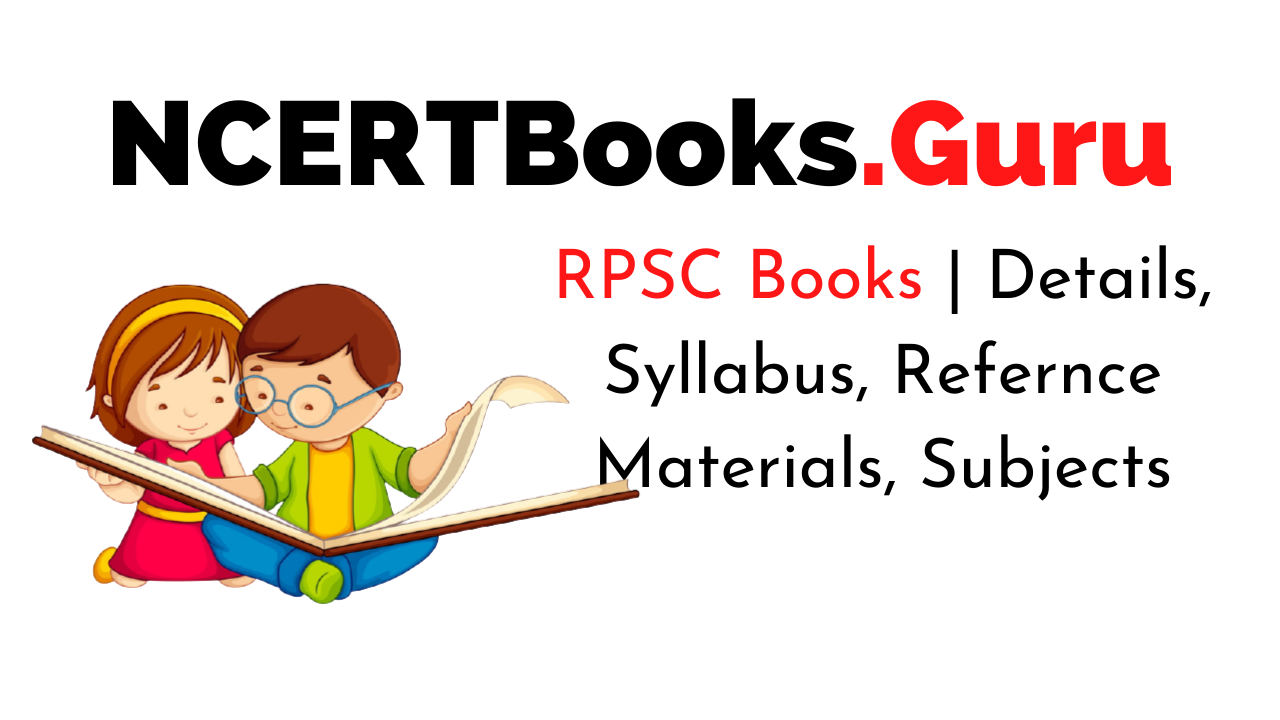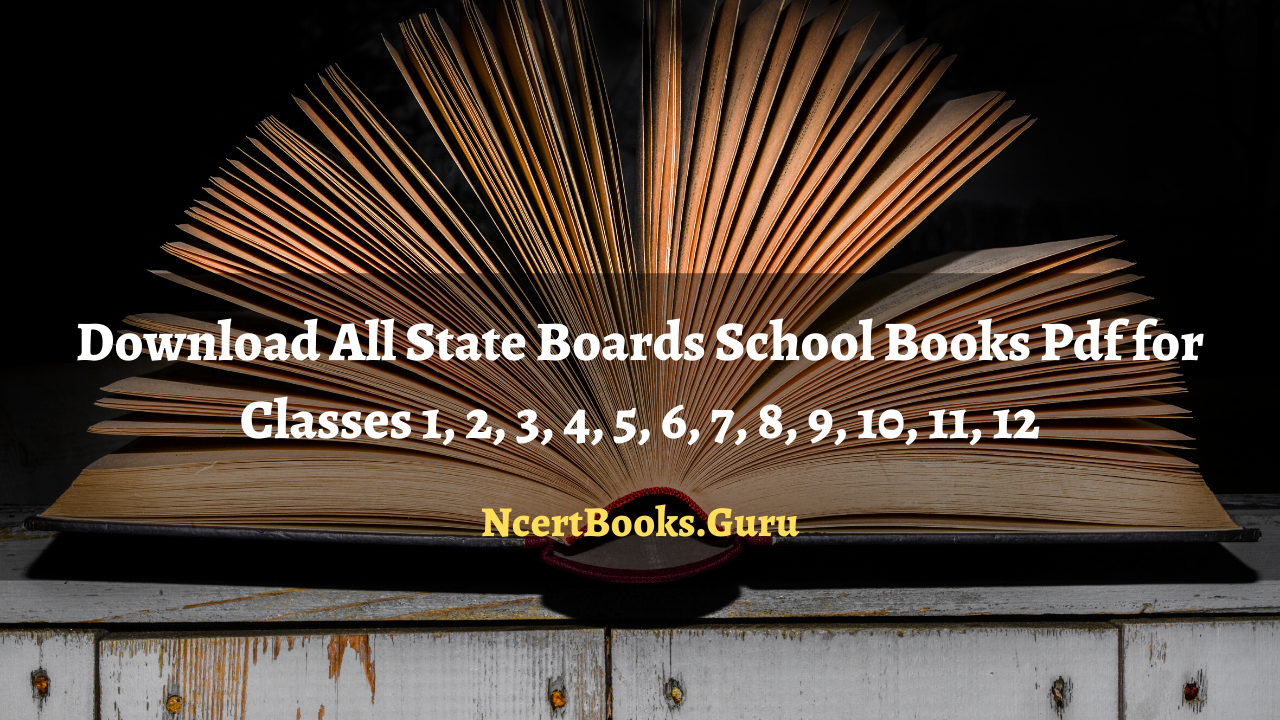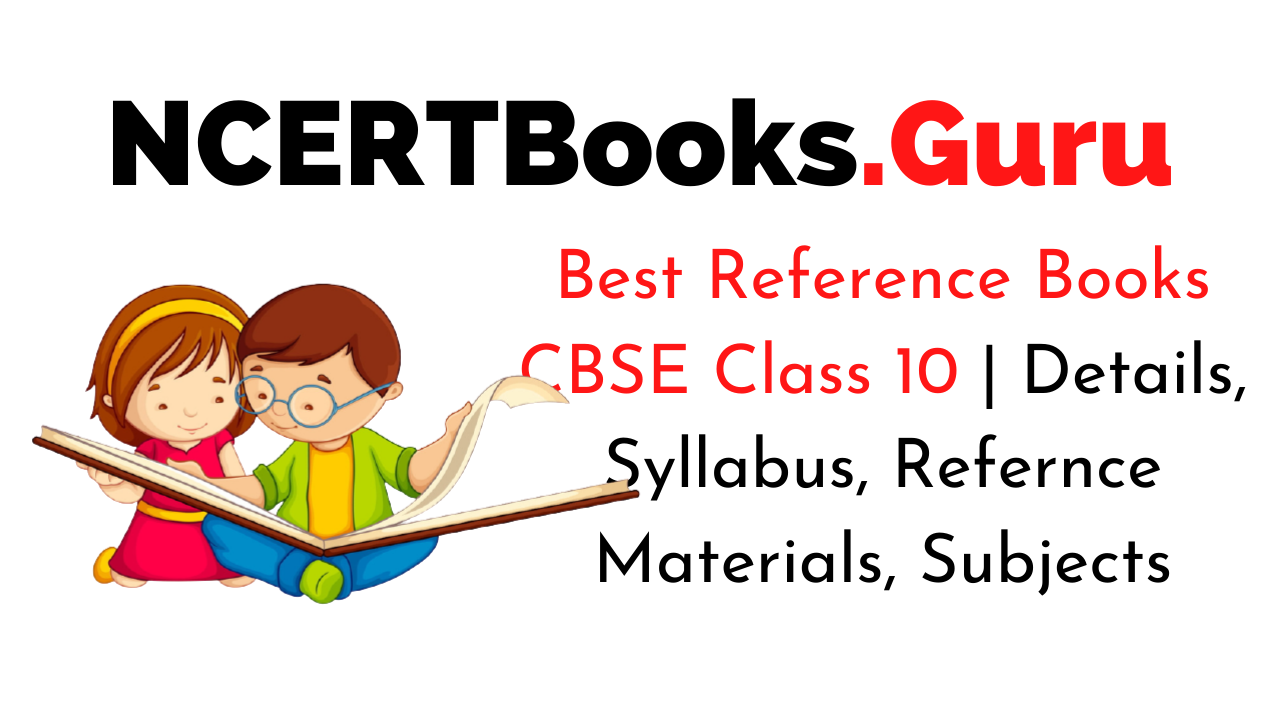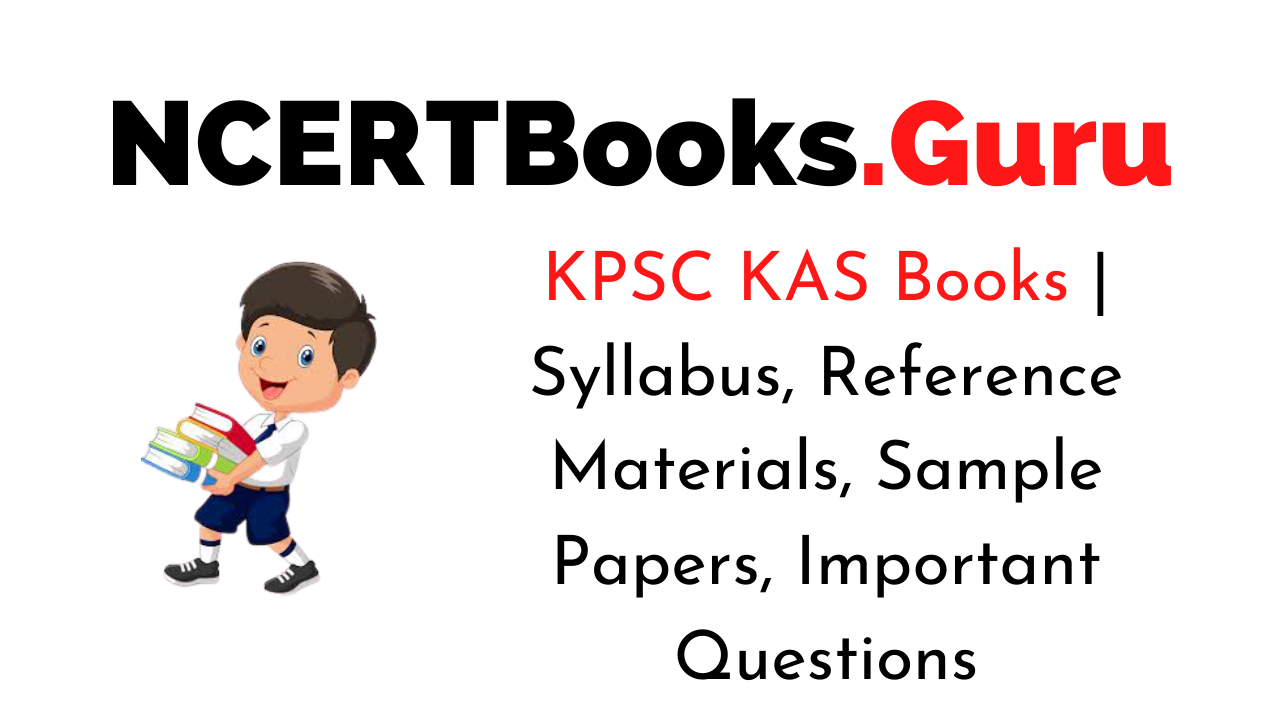UPPSC Books: The Uttar Pradesh Public Service Commission (UPPSC) conducts the annual Upper Subordinate Services or Combined State (PCS) exam. The UPPSC examination occurs in three stages- the Preliminary stage, the Main stage, and the Interview stage.
For students aspiring to participate in the UPPSC examination, this article provides a detailed UPPSC exam preparation strategy and a comprehensive booklist for the ongoing stages of the study.
UPPSC Books and Reference Materials
The UPPSC exam is more inclined towards factual information over conceptual information. The UPPSC examination consists of a few indirect questions related to the cause of or the background of an event. Current affairs play a vital role in the UPPCS Exam. Therefore, participating students must pay more attention to the topics related to current affairs.
The only way to ace the UPPSC examination is through intense preparation. Books and reference materials are the vital ingredients that foster a strong base. Students must learn and understand the topics through the UPPSC syllabus before commencing with the preparation. Students can refer to the UPPSC books and study materials to guide and prepare.
- UPPSC Syllabus
- UPPSC Notes and Books
- UPPSC Study Materials
- Conclusion
UPPSC Syllabus
The UPPSC examination occurs in three stages. The structured syllabus for the Preliminary Stage and the Main stage is as follows-
UPPSC Preliminary Stage
The UPPSC preliminary stage conducts two papers:
- General Studies Paper I
- General Studies Paper-II.
The structured syllabus for UPPSC prelims is as follows:
| General Studies Part I | General Studies Part II |
| The Indian History and the Indian National Movement | General Mental Ability and Assessment |
| General Science | Comprehension |
| Social and Economic Development inclusive of poverty, social sector initiatives, sustainable development, demographics, and others | General Hindi (ICSE, CBSE, or State board syllabus up to class X) |
| Current events of National and International importance | Logical Reasoning and Analytical skills |
| Indian Governance and Polity are inclusive of the Panchayat Raj, Political System, Public Policy, Fundamental Rights, the Constitution, etc. | General English (ICSE, CBSE, or State board syllabus up to class X) |
| General Issues on Climate change and Environmental ecology | Interpersonal and Communication skills |
| World and Indian Geography inclusive of the Social, Economic, and the Physical geography of the world and India | Elementary Mathematics such as Algebra, Statistics, Arithmetic, and Geometry (ICSE, CBSE, or State board syllabus up to class X) |
| Decision-Making and Problem-Solving skills |
UPPSC Main Stage
The UPPSC main stage is sub-categorised into the Main Compulsory syllabus and Main Optional syllabus.
Main Compulsory Syllabus
- General Hindi
- General Studies Part I
- General Studies Part II
- General Studies Part III
- General Studies Part IV
- Essay
Main Optional Syllabus
- A General Overview of Chemistry
- A General Overview of Statistics
- A General Overview of Sanskrit Literature
- A General Overview of Geography
- A General Overview of Agricultural Engineering
- A General Overview of Law
- A General Overview of Sociology
- A General Overview of English Literature
- A General Overview of Physics
- A General Overview of Management
- A General Overview of Agriculture
- A General Overview of Arabic Literature
- A General Overview of Medical Science
- A General Overview of Psychology
- A General Overview of Persian
- A General Overview of Civil Engineering
- A General Overview of Public Administration
- A General Overview of Zoology
- A General Overview of Economics
- A General Overview of History
- A General Overview of Commerce and Accountancy
- A General Overview of Geology
- A General Overview of Mechanical Engineering
- A General Overview of Hindi Literature
- A General Overview of Geography
- A General Overview of Veterinary Science and Animal Husbandry
- A General Overview of Mathematics
- A General Overview of Urdu Literature
- A General Overview of International Relations and Political Science
- A General Overview of Anthropology
- A General Overview of Philosophy
- A General Overview of Electrical Engineering
- A General Overview of Botany
UPPSC Notes and Books
The UPPSC exam falls under the civil services examination category. The UPPSC exam is vital, and the standard of papers designed tests the analytical and conceptual clarity of the participating students.
The section-wise best books for the UPPSC exam is as follows-
UPPSC Preliminary Stage
Some reference books for UPPSC Preliminary Paper-I are as follows:
| The Indian History and Indian National Movement | Ancient – School Textbooks Medieval– School Textbooks Modern – Spectrum ( by Rajiv Ahir) National Movement- IGNOU B.A. Notes |
| Economic and Social Development | School Textbooks (Class XII to XII) Indian Economic Development NCERT Introduction to Macroeconomics NCERT Indian Economy by Lal and Lal Indian Economy by Ramesh Singh |
| World and Indian Geography | Physical – School Textbooks (Class VI to XII) Human – School Textbooks (Class VI to XII) World – Newspaper and Atlas Fundamentals of Physical Geography NCERT Class XI Certificate Physical and Human Geography by G C Leong Geography – A Comprehensive Study – by Mahesh Kumar Barnwal Geography of India by Mazid Hussain |
| General Science | School Textbooks (Class XII to XII) Science and Technology by Ravi Agrahari Newspaper columns dedicated to technology |
| Current events of National and International importance | Newspapers – Indian Express Press Information Bureau (PIB) website Monthly Current Affairs magazine Yojana and Kurukshetra monthly magazines |
| Indian Governance and Polity | School Textbooks (Class XII to XII) Constitution of India Bare Act Indian polity by Laxmikant Indian Constitution by P.M. Bakshi |
| Environmental Ecology, Climate Change, and Biodiversity | Environmental Studies Books of IGNOU and NOS Environment Book – Shankar IAS Academy Book by PD Sharma |
Some reference books for UPPSC Preliminary Paper-II are as follows:
- M.K Pandey’s Analytical Reasoning
- Reading Comprehensions, and follow the previous year question papers.
- R.S Aggarwal’s Quantitative Aptitude
UPPSC Main Stage
The preparation books for UPPSC Mains are as follows:
- History Book By Bipin Chandra
- Polity Book by Laxmikant
- Geography Book by Lexicon or Majid Hussain or G.C. Leong
- Economy Book by School Textbooks or Ramesh Singh
- Current Affairs- follow The Hindu or a Monthly Compilation of any good magazine.
UPPSC Study Materials
In addition to books, other sources of study materials, including sample papers, boosts an individual’s preparation and gives an in-depth preparation for students. Apart from the books, a few other recommended reading sources and materials are as follows-
- NCERT books
- The gist of Rajya Sabha TV
- Budget and Economic Survey
- PIB Summary
- State Board books
- The Hindu Video Analysis
- Gist Of Yojana
- Previous Year’s Sample Papers
Some crucial points to keep in mind while preparing for the UPPSC Exam is-
- The practice of previous years’ question papers
- Solving MCQs practice for the Prelims
- Answering writing practice for the Mains
Conclusion on UPPSC Books
The above UPPSC Books, Notes, and Study Materials aim to help students at the time of exam preparations. Students can refer and practice from the provided UPPSC Notes and Study materials from this article.
FAQ’s on UPPSC Books
Question 1.
What are a few tips that help to prepare for the UPPSC examination?
Answer:
A few tips that can aid and boost the Candidate’s preparation are:
- The primary source of practice is the past years’ question papers. Students can find the links on the official websites.
- Each topic that finds its place in the UPPSC syllabus is highly essential, and students must never choose to skip any of those topics or concepts.
- Each subject, like the Indian Polity, History, Geography, Current Affairs, etc. must be prepared to keep in mind the State’s aspects.
- For any of the State Service Exams, candidates must always read and refer to the State board textbooks as these books provide relevant information on various topics mentioned in the UPPSC syllabus.
Question 2.
What is the general overview of the UPPSC syllabus?
Answer:
The UPPSC examination syllabus occurs in two stages. The UPPSC Preliminary stage is sub-categorised into General Studies Part I and General Studies Part II. The UPPSC Main stage is sub-categorised into Main Compulsory and Main Optionals.
Question 3.
What are a few UPPSC study materials for reference and preparation?
Answer:
In addition to books, other sources of study materials, including sample papers, boosts an individual’s preparation and gives an in-depth preparation for students. Apart from the books, a few other recommended reading sources and materials are- NCERT books, Gist of Rajya Sabha TV, Budget and Economic Survey, PIB Summary, State Board books, The Hindu Video Analysis, Gist Of Yojana, and Previous Years Sample Papers.
Question 4.
Why are the UPPSC Sample Papers essential to refer and practice?
Answer:
The sample papers foster great help and opportunity for students to apply different strategies designed by the UPPSC experts in the other paper types. Through constant practice and solving of the UPPSC sample papers, keeping in mind the essential topics and concepts in the syllabus, students can develop and create a strategy that helps them ace the exam. As a result, a student remains unfazed by the surprises in the UPPSC exam pattern or the type of questions.
